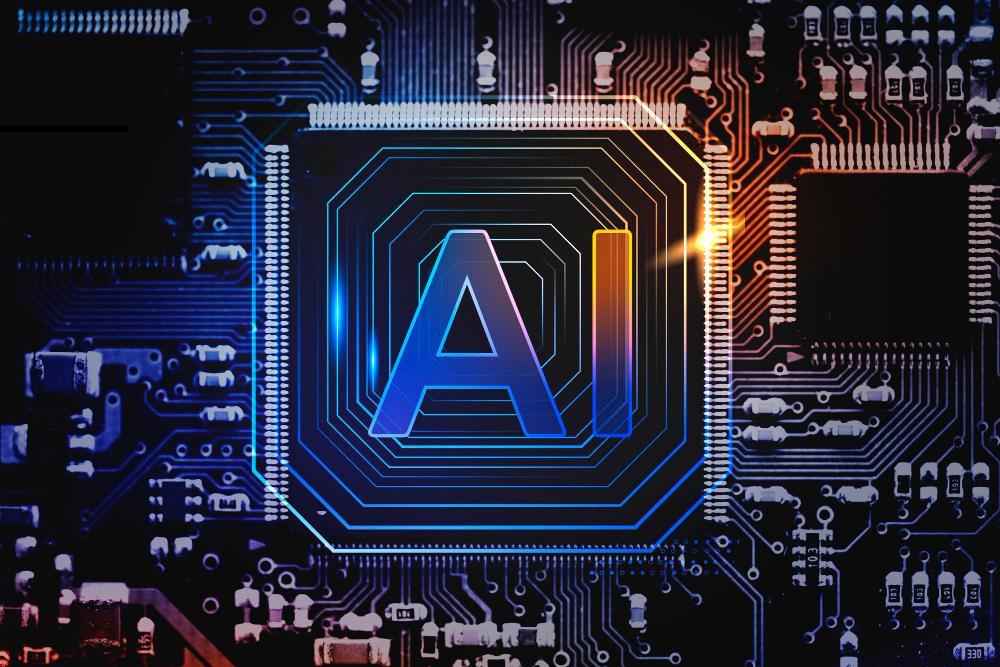The rapid evolution of artificial intelligence (AI) has transformed how organizations think about automation, efficiency, and decision-making. While early AI tools focused on narrow tasks, today’s AI landscape is dominated by AI agents autonomous, adaptable systems capable of managing complex workflows with minimal human input.
But building such systems is no small feat. Companies increasingly rely on AI agent development solutions, which provide the frameworks, tools, and infrastructure necessary to design, deploy, and manage intelligent agents at scale. These solutions are not just technical add-ons they are the backbone of intelligent enterprises in the digital era.
What Are AI Agents?
At their core, AI agents are software systems designed to act autonomously within specific environments to achieve defined goals. Unlike traditional automation, they can adapt, learn, and improve continuously.
Key characteristics of AI agents include:
-
Autonomy – Performing tasks without constant human supervision.
-
Adaptability – Adjusting behavior as environments or data change.
-
Decision-Making – Choosing optimal actions to achieve outcomes.
-
Interaction – Communicating with humans, other agents, and enterprise systems.
For example, an AI agent in logistics can track inventory, predict demand, and optimize delivery routes all while learning from real-world data to improve accuracy.
Why Businesses Need AI Agent Development Solutions
Developing AI agents involves complex elements such as machine learning, natural language processing (NLP), and integration with legacy systems. Without proper frameworks, the process can be slow, costly, and risky.
AI agent development solutions simplify and accelerate this journey by offering:
-
Pre-built modules that reduce development time.
-
Integration tools to connect with CRMs, ERPs, and cloud platforms.
-
Security features that protect sensitive data.
-
Scalable architectures for enterprise-wide deployment.
These solutions allow organizations to focus on outcomes—like improving efficiency and customer experience rather than wrestling with technical bottlenecks.
Advantages of AI Agent Development Solutions
Businesses adopting structured solutions for AI agent development unlock several benefits:
-
Speed to Market – Frameworks accelerate prototyping and deployment.
-
Cost Reduction – Reusable components cut development expenses.
-
Reliability – Standardized practices ensure robust performance.
-
Compliance – Built-in features address privacy and ethical requirements.
-
Scalability – Agents can be expanded to serve multiple teams and functions.
For instance, in financial services, AI agents powered by strong development solutions can detect fraud in real time, comply with regulations, and deliver personalized investment advice.
Key Components of AI Agent Development Solutions
A comprehensive solution typically includes:
-
NLP Engines – To interpret and generate human language.
-
Machine Learning Models – For predictive analytics and adaptive intelligence.
-
Knowledge Bases – Supplying structured and unstructured data.
-
Decision Engines – Powering reasoning, planning, and execution.
-
Integration APIs – Ensuring seamless connectivity across enterprise ecosystems.
-
Security Layers – Protecting data and ensuring compliance with GDPR, HIPAA, and other standards.
These components together provide the foundation for building effective AI agents.
Applications Across Industries
The versatility of AI agents, supported by robust development solutions, makes them applicable across diverse industries:
-
Healthcare – Virtual health assistants help patients track medications and schedule visits.
-
Finance – Agents detect anomalies in transactions and recommend investment strategies.
-
Retail – Personalized shopping bots assist customers in finding the right products.
-
Education – Adaptive tutors provide customized learning paths for students.
-
Logistics – Agents optimize delivery routes and manage real-time supply chain operations.
-
Enterprise Management – HR bots handle onboarding, payroll, and employee engagement.
In each sector, AI agent development solutions ensure that these applications are secure, reliable, and scalable.
Challenges in AI Agent Development
Despite their potential, building AI agents comes with hurdles:
-
Data Quality – Poor or biased data can reduce performance.
-
Integration Issues – Legacy systems may resist seamless connection.
-
Ethical Concerns – Fairness and transparency are critical for adoption.
-
Security Risks – Agents handling sensitive data are prime targets for breaches.
-
User Adoption – Gaining trust requires explainability and reliability.
Development solutions mitigate these challenges by embedding governance, monitoring, and compliance features directly into the design process.
Best Practices for Implementation
Organizations can maximize the impact of AI agents by following these practices:
-
Define Measurable Goals – Link agent performance to business outcomes.
-
Start with Pilots – Test agents in controlled environments before scaling.
-
Ensure Human Oversight – Keep humans involved in mission-critical decisions.
-
Focus on Explainability – Build agents that can justify their decisions.
-
Update Continuously – Retrain models with new data for relevance.
-
Prioritize Security – Protect data from inception to deployment.
Following these best practices ensures agents deliver consistent value while maintaining trust.
The Future of AI Agent Development
The next era of AI agents will be even more powerful and sophisticated, with trends including:
-
Collaborative Agents – Multiple agents working together on complex tasks.
-
Multimodal Capabilities – Processing text, voice, video, and images simultaneously.
-
Edge Computing – Agents running on IoT devices for faster decision-making.
-
Hyper-Personalization – Tailoring experiences to individual users in real time.
-
Stronger Ethical AI – With transparent frameworks for accountability.
Organizations adopting AI agent development solutions today will be better prepared to harness these innovations tomorrow.
Conclusion
AI agents are no longer futuristic they are a practical necessity for organizations aiming to stay competitive in the digital economy. By leveraging AI agent development solutions, businesses can overcome technical challenges, reduce risks, and deploy intelligent, adaptable systems at scale.
As industries continue to evolve, these solutions will remain at the heart of intelligent enterprises, driving efficiency, innovation, and customer-centric transformation.



